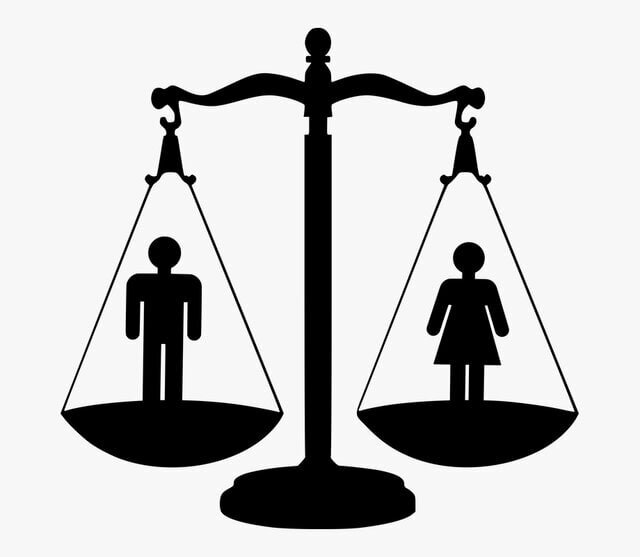Islam defends women's rights contrary to some allegations
Women from the Leader's point of view - Part 22

TEHRAN – Undoubtedly, one of the important indicators of human development is the presence of women in society and their rights.
Women, as serious and inescapable members of human society and also as one of the two pillars that create the foundation of the family, have faced various situations regarding their rights throughout history. A cursory look at history shows that women have suffered from some kind of deprivation most times and in most societies, and their human rights have been violated under the domination and control of men and patriarchal culture.
Social and cultural conditions are among the important factors of the approach to women's rights which has caused the issue of women's rights to be brought up with more intensity and seriousness in the current era due to important social and cultural transformations, and sometimes it leads to extreme attitudes and comments by feminists.
Undoubtedly, as in the past patriarchal and degrading views towards women have been to the detriment of men and women, and the extreme beliefs of feminism with a woman-centered thought will also lead to the detriment of men and women.
The balanced attitude of Islam does not reflect these kinds of extremism. According to the Holy Qur'an, men and women are equal in humanity, but they have two types of characteristics.
“Whosoever acts righteously - whether a man or a woman - and embraces belief, we will surely grant him a good life; and will surely grant such persons their reward according to the best of their deeds.” [Qur’an 16:97]
These characteristics have originated from the physical and emotional structure of both men and women. Just as the freedom and equality of humans are inspired by their nature, their efficiency and duties are also rooted in the existential structure of both of them.
The natural differences between men and women are undeniable, although there may be no consensus on the extent of these differences and the extent of their influence on the way rules and regulations governing them are set. What is certain is that these differences are to the extent that they can justify many of the existing differences linked to the issues of women and men. But these differences are in no way related to the fact that a man or a woman is a superior sex and the other is a lower, inferior, and imperfect sex.
When it is said that a woman is the center of the family, this idea comes to mind that society and politics are deprived of the presence of women or vice versa. However, as half of human society, women have played and continue to play a significant role in the history of societies and nations, and Islam, along with history, has honored and praised the presence of women in this field. Therefore, if there are restrictive rulings in Islam towards women, it never means ignoring their abilities in managing society and playing their social role.
“Islam's purpose in defending women’s rights is that women should not be oppressed. If a woman does not have a safe, secure environment to study, work and possibly earn money, this is oppression and cruelty. From Islam's perspective, if a woman has a talent, for example, if she has a talent in science, in making inventions and discoveries, or in politics or social work, but if others do not allow these talents to be used and cultivated, this is an act of oppression,” said Leader of the Islamic Revolution Ayatollah Seyyed Ali Khamenei. (October 22, 1997)
One of the most important women's rights that Islam pays attention to is the right to life for women. As we know, during the Age of Ignorance (Jahiliyyah), the dignity of women was degraded to such an extent that if a girl was born, it was considered a source of shame and dishonor and she was buried alive.
Islam not only fought against this behavior; but rather, strongly condemned it. Also, among other rights raised in the foundations of Islam, we can mention the right of women to own property.
In a society where a woman was viewed as a commodity, there was no possibility of ownership for her, but with the emergence of Islam, we see that it not only forbids such a view; Rather, women have the same rights as men, which include both material rights such as the right to inherit, the right to own property, and spiritual rights such as the right to choose a spouse, the right to acquire science and knowledge, the right to participate in the political and social arenas.
“A businesslike, profit-based, and economic view has influenced the Western outlook on the issue of women. This can clearly be seen in the history of the industrial revolution. In Europe, women did not have the right to own something. Women's property belonged to men and their husbands. They did not have the right to possess something in their name… Therefore, besides the fact that the Western outlook towards women is a non-divine and materialistic outlook, the policies which have brought about the current conditions in the Western world - particularly in Europe - have been accompanied by a businesslike, profit-based and economic outlook,” Ayatollah Khamenei said. (January 16, 1990)
